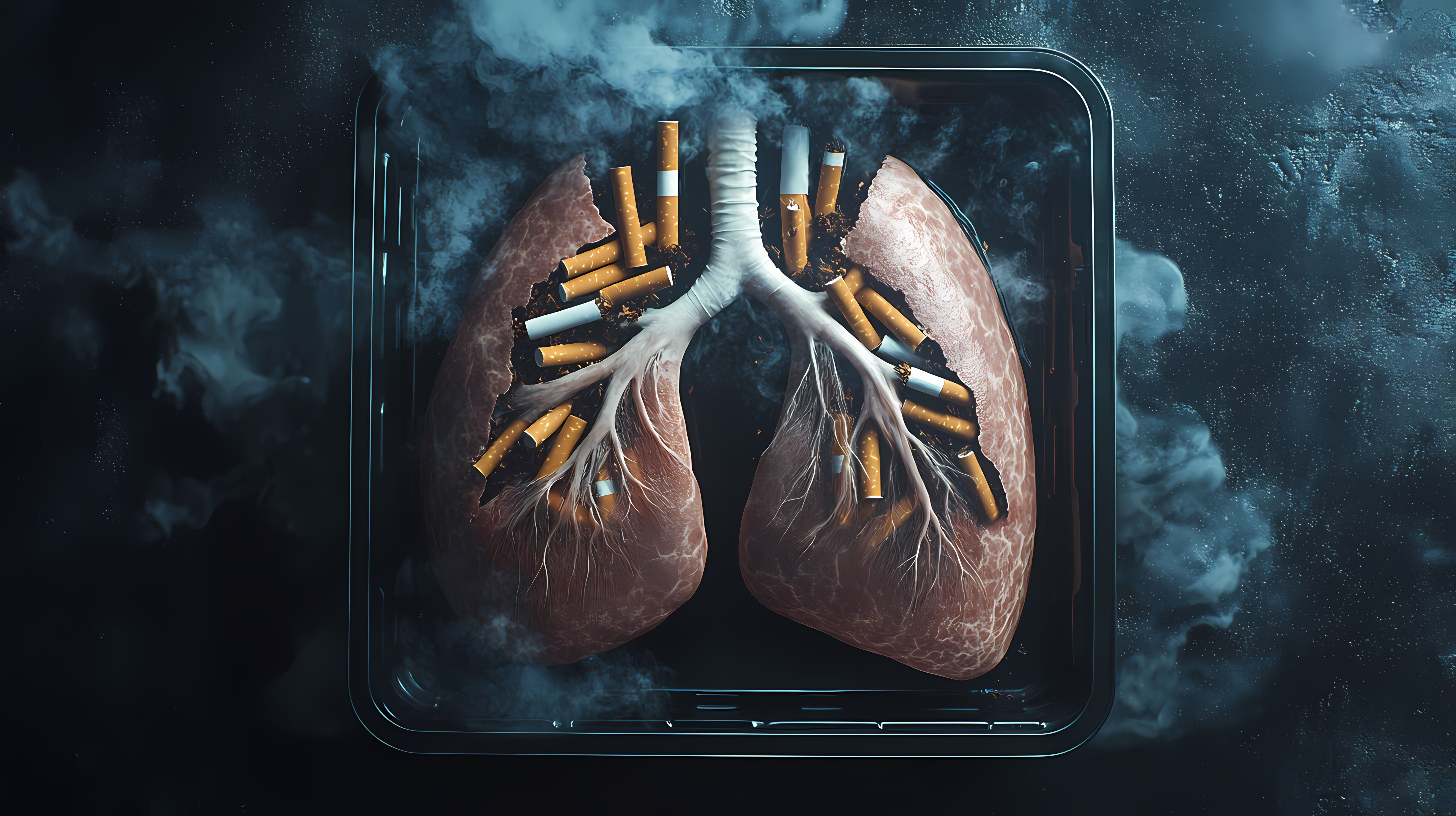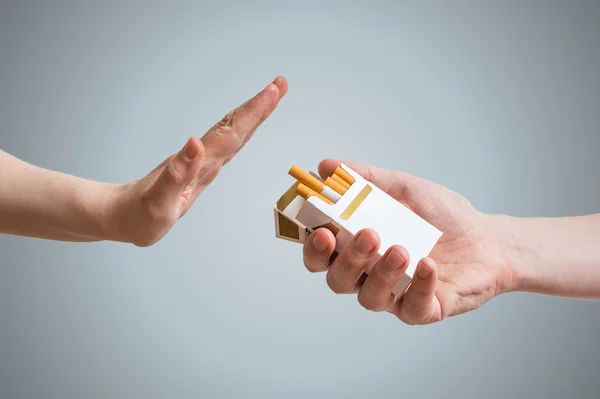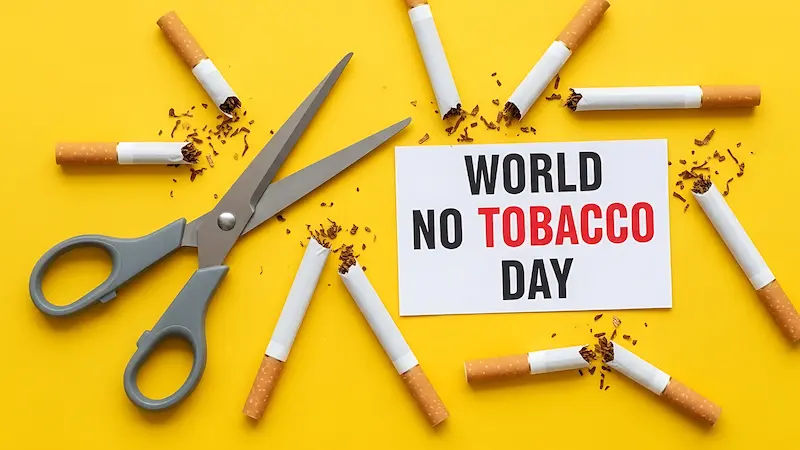Guide to What Happens When You Quit Smoking
Discover what happens when you quit smoking—from immediate health benefits to long-term improvements. Learn the physical, mental, and emotional changes that support a healthier, smoke-free life.

Written by Dr. Rohinipriyanka Pondugula
Reviewed by Dr. Vasanthasree Nair MBBS
Last updated on 13th Jan, 2026

Deciding to quit smoking is one of the most powerful choices you can make for your health. But the journey can feel daunting, shrouded in uncertainty about withdrawal and the body's ability to recover. The good news is that your body begins to repair itself from the moment you extinguish your last cigarette. This incredible process of healing unfolds on a precise timeline, offering tangible benefits within the first hour and continuing for years. This article will serve as your definitive guide to what happens when you quit smoking, mapping out the physiological changes, equipping you with strategies to manage challenges, and ultimately showing you that every smoke-free minute is a victory worth celebrating.
The First 24 Hours: Immediate Changes Begin
The initial day of quitting is where science delivers its most immediate and encouraging feedback. Your body, no longer burdened by thousands of toxic chemicals, jumps at the chance to rebalance itself.
20 Minutes In: Heart Rate and Blood Pressure Normalise
Nicotine is a potent stimulant that constricts blood vessels and forces your heart to work harder. Astonishingly, just 20 minutes after your last cigarette, your heart rate and blood pressure begin to drop back toward normal levels. This is the first step in reducing the immense strain on your cardiovascular system.
8-12 Hours: Carbon Monoxide Clears, Oxygen Rises
Cigarette smoke contains carbon monoxide (CO), a poisonous gas that binds to red blood cells more easily than oxygen, effectively starving your organs of the air they need. Within 8 to 12 hours, the level of CO in your blood plummets, while your blood oxygen levels increase to normal. Your heart, brain, and muscles immediately start
receiving the proper oxygenation they require to function optimally, which can lead to feeling more alert and energised.
Week One: Riding Out the Withdrawal Wave
This phase is often the most challenging physically, as your body rebels against the absence of nicotine. Understanding that these withdrawal symptoms are a sign of healing can make them easier to endure.
Common Physical Withdrawal Symptoms
As nicotine leaves your system, you may experience intense cravings, headaches, nausea, and tingling in the hands and feet. These peak around day 3 and gradually subside over the first week. This is your nervous system recalibrating. Staying hydrated, taking short walks, and deep breathing can help mitigate these effects.
Consult Top Specialists
Managing Cravings and Irritability
The psychological grip of addiction is powerful. You may feel anxious, irritable, or have trouble concentrating. This is because nicotine artificially boosted dopamine. Your brain needs time to learn to produce it naturally again. The key to managing nicotine withdrawal is distraction: chew gum, sip cold water, or call a supportive friend when a craving strikes. Remember, most cravings only last 5-10 minutes.
- 1 to 3 Months: Significant Cardiovascular Improvements: By the end of the first month, the worst of the physical withdrawal is typically over, and you'll start noticing profound internal benefits, particularly for your heart and lungs.
Enhanced Blood Flow and Lung Function
Within one to three months, your circulation shows remarkable improvement. Walking and exercising become easier as blood flow to your extremities enhances. Your lung function can increase by up to 30%[2]. The tiny hair-like structures in your airways called cilia, which were paralysed by smoke, begin to regrow and function properly, helping to clear mucus and reduce your risk of infection.
A Drop in Heart Attack Risk
This period marks a critical turning point for your heart. The reduced strain on your cardiovascular system and improved oxygen levels significantly lower your risk of suffering a heart attack. This is a massive milestone in your journey to better health after smoking.
The 5-Year Mark: Drastically Reduced Disease Risk
The long-term benefits of quitting truly come into focus at the five-year mark, with risks for major diseases plummeting toward those of a person who never smoked.
Stroke Risk Equals a Non-Smoker's
One of the most significant milestones: 5 to 15 years after quitting, your risk of having a stroke is reduced to that of a non-smoker [3]. This is due to the reversal of atherosclerosis (hardening of the arteries) and the normalisation of blood pressure and clotting factors.
Oesophagal and Oral Cancer Risk Halved
Your risk of cancers of the mouth, throat, oesophagus, and bladder is cut in half compared to a current smoker. The body's ongoing process of cell repair and the elimination of constant exposure to carcinogens are key drivers of this incredible change.
Conclusion
Quitting smoking is a profound journey of reclaiming your health, one day at a time. As we've seen, the human body possesses a remarkable capacity for healing, initiating repair from the very first hour and continuing to reward you for years to come. While the path involves navigating withdrawal and changing deeply ingrained habits, each milestone—from easier breathing to a dramatically slashed risk of life-threatening disease—is a testament to your resilience. The journey is undeniably challenging, but you don't have to walk it alone. Lean on support systems, celebrate small wins, and remember that the temporary discomfort of quitting pales in comparison to the lifelong benefits of being smoke-free. Your future self will thank you for the breath of fresh air.
Consult Top Specialists
Consult Top Specialists

Dr. P Sravani
Pulmonology Respiratory Medicine Specialist
3 Years • MBBS, MD
Visakhapatnam
Apollo Clinic Vizag, Visakhapatnam

Dr Rakesh Bilagi
Pulmonology Respiratory Medicine Specialist
10 Years • MBBS MD PULMONOLOGIST
Bengaluru
Apollo Clinic, JP nagar, Bengaluru
Dr. Ambuj Kumar
Pulmonology Respiratory Medicine Specialist
10 Years • MBBS, MD (Pulmonary Medicine)
New Delhi
Smriti Gynaecology and Lung Centre, New Delhi

Dr. E Prabhakar Sastry
General Physician/ Internal Medicine Specialist
40 Years • MD(Internal Medicine)
Manikonda Jagir
Apollo Clinic, Manikonda, Manikonda Jagir
(150+ Patients)
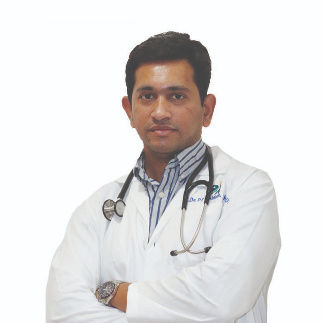
Dr. K Prasanna Kumar Reddy
Pulmonology Respiratory Medicine Specialist
16 Years • MBBS, DTCD (TB&CHEST), DNB (PULM MED), FCCP
Hyderabad
Apollo Medical Centre Kondapur, Hyderabad
Consult Top Specialists

Dr. P Sravani
Pulmonology Respiratory Medicine Specialist
3 Years • MBBS, MD
Visakhapatnam
Apollo Clinic Vizag, Visakhapatnam

Dr Rakesh Bilagi
Pulmonology Respiratory Medicine Specialist
10 Years • MBBS MD PULMONOLOGIST
Bengaluru
Apollo Clinic, JP nagar, Bengaluru
Dr. Ambuj Kumar
Pulmonology Respiratory Medicine Specialist
10 Years • MBBS, MD (Pulmonary Medicine)
New Delhi
Smriti Gynaecology and Lung Centre, New Delhi

Dr. E Prabhakar Sastry
General Physician/ Internal Medicine Specialist
40 Years • MD(Internal Medicine)
Manikonda Jagir
Apollo Clinic, Manikonda, Manikonda Jagir
(150+ Patients)

Dr. K Prasanna Kumar Reddy
Pulmonology Respiratory Medicine Specialist
16 Years • MBBS, DTCD (TB&CHEST), DNB (PULM MED), FCCP
Hyderabad
Apollo Medical Centre Kondapur, Hyderabad
More articles from Smoking Cessation
Frequently Asked Questions
1. Why do I cough more after I quit smoking?
This is often called the 'smoker's cough.' It's actually a positive sign. The cilia in your lungs are regrowing and becoming active again. Their job is to sweep tar and mucus out of your airways. The coughing is your lungs' natural way of cleaning themselves out after years of damage.
2. How long does nicotine withdrawal last?
The most intense physical nicotine withdrawal symptoms typically last about a week, peaking around day 3. Psychological cravings can persist for longer but become less frequent and intense over time. Techniques for managing cravings include distraction, deep breathing, and drinking water.
3. Will I gain weight after I quit?
Some people do experience weight gain, usually modest (5-10 pounds). This can be due to nicotine's metabolism-suppressing effects wearing off and food tasting better. You can mitigate this by staying active, drinking plenty of water, and having healthy snacks like carrots or fruit on hand to manage oral cravings.
4. Is it too late to quit if I've smoked for decades?
It is never too late to quit. The health benefits begin at any age. Quitting even after 60 can add years to your life, reduce your risk of cancer and heart disease, and improve your quality of life by enhancing breathing and energy levels.
5. What's the best method to quit smoking?
There's no single 'best' method; it's highly individual. Effective strategies include 'cold turkey,' nicotine replacement therapy (NRT) like patches or gum, prescription medications, and behavioural counselling. If your condition does not improve after trying these methods, book a physical visit to a doctor with Apollo24|7 to create a personalised quit plan.
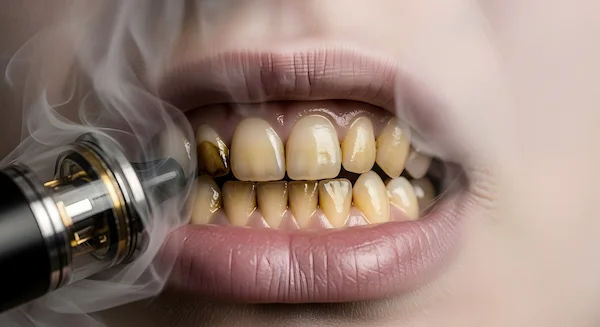
_0.webp)
